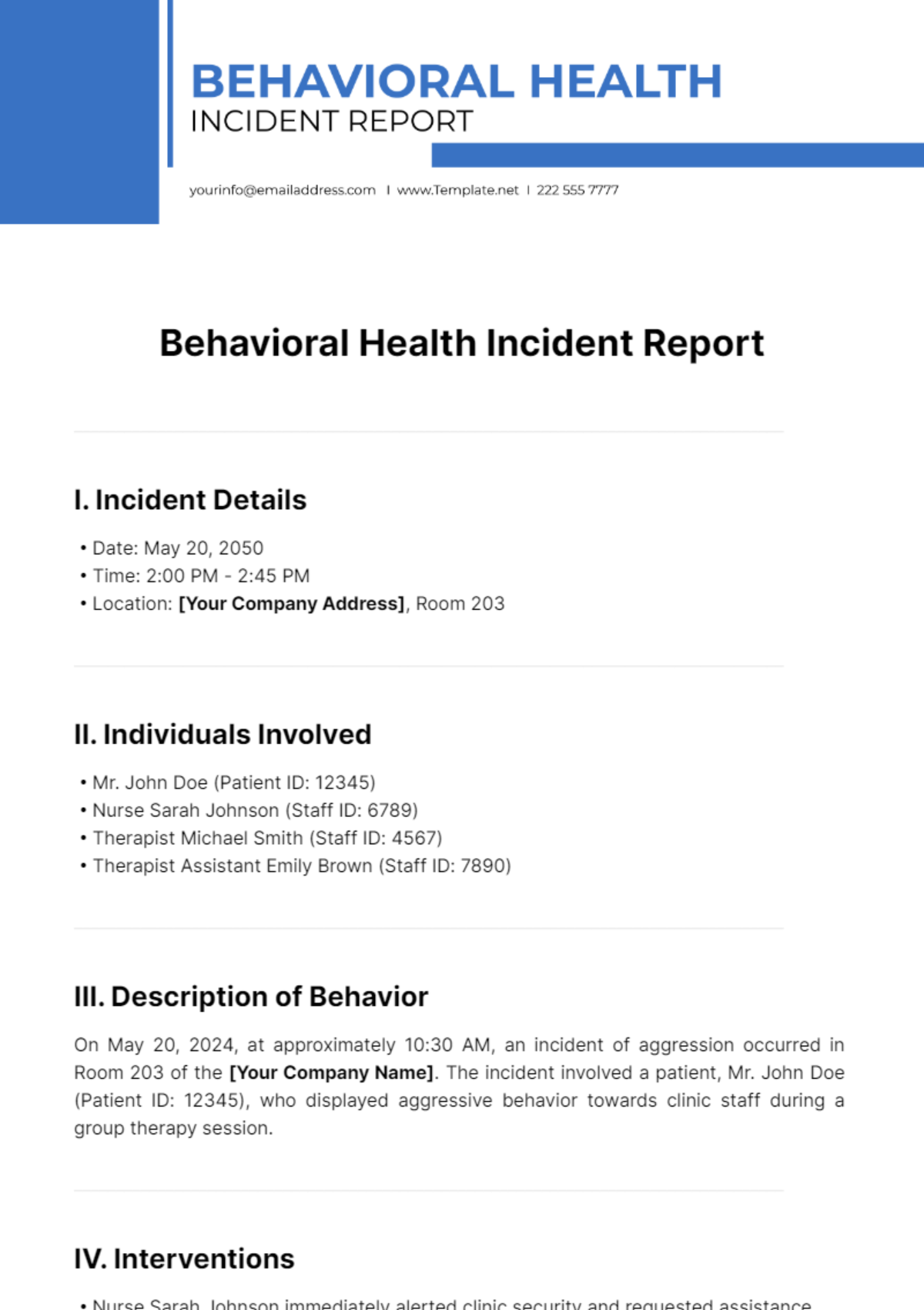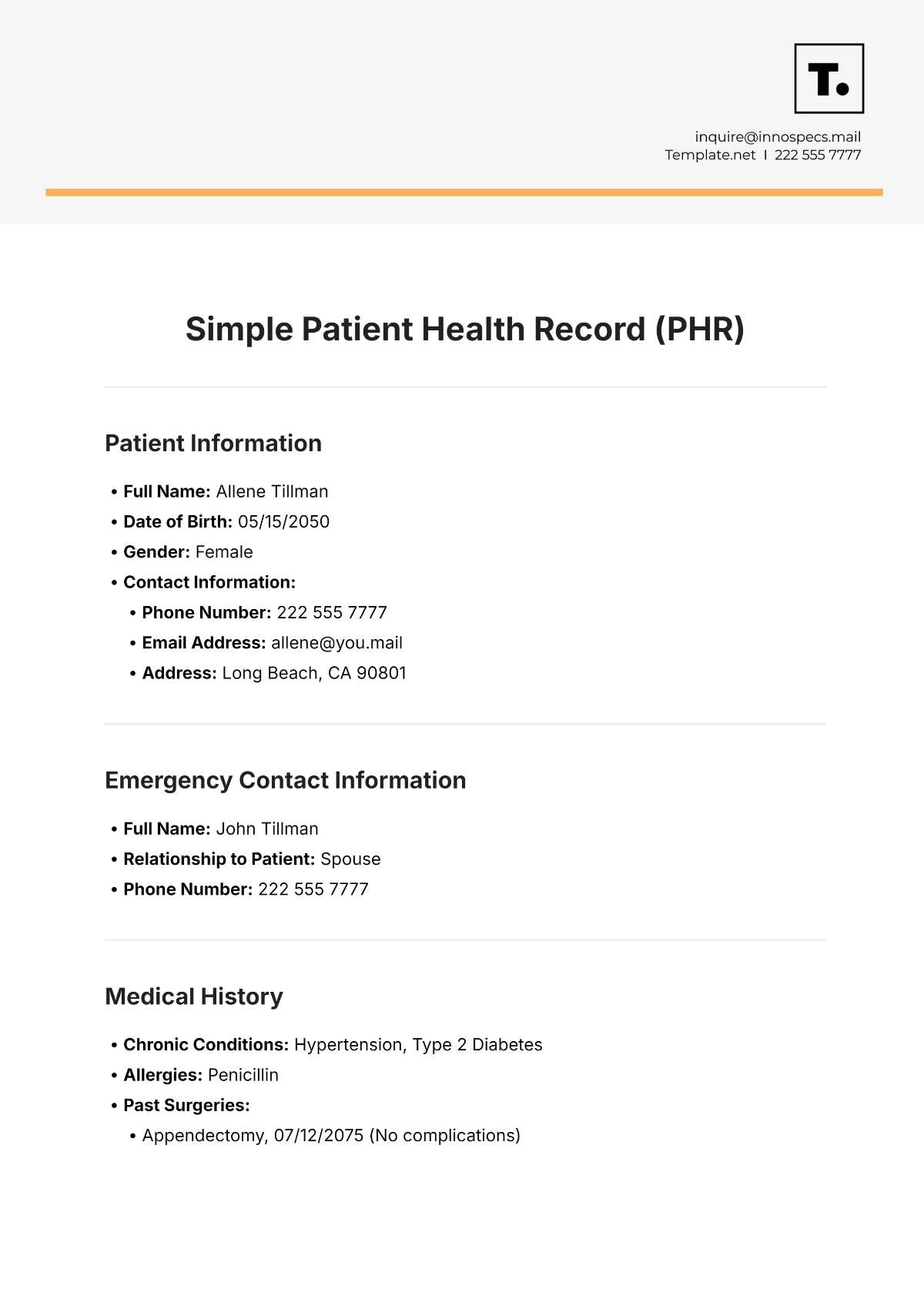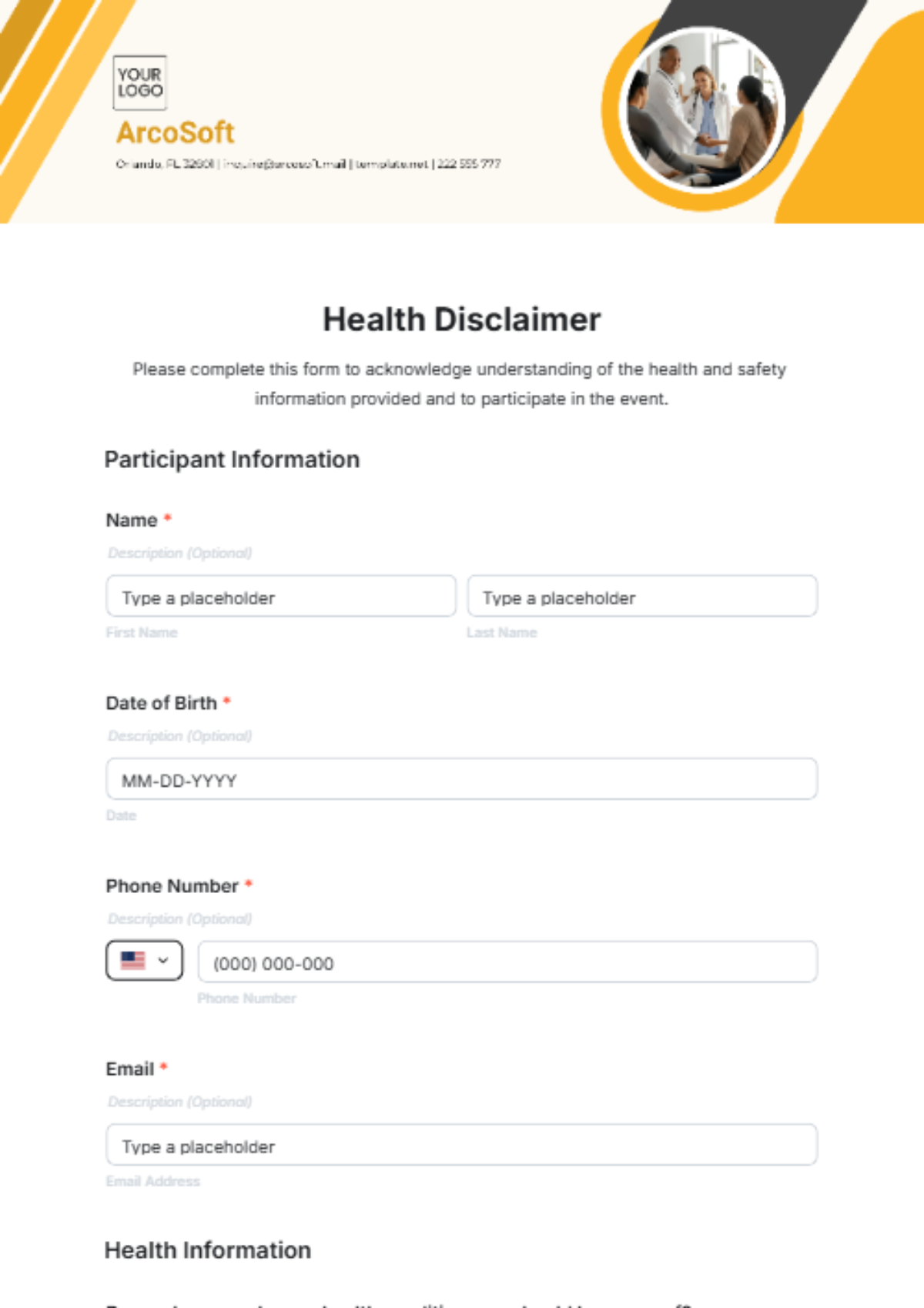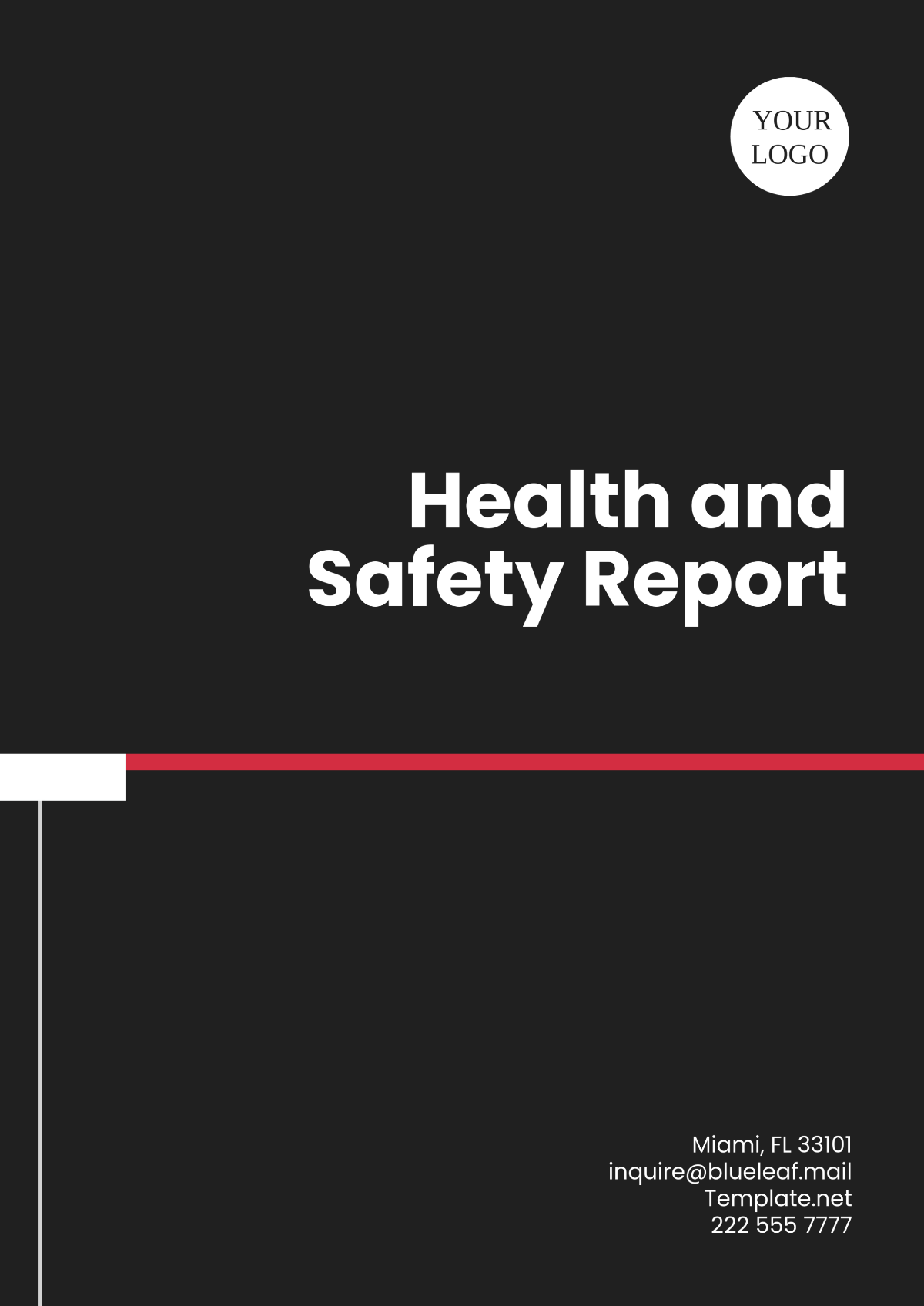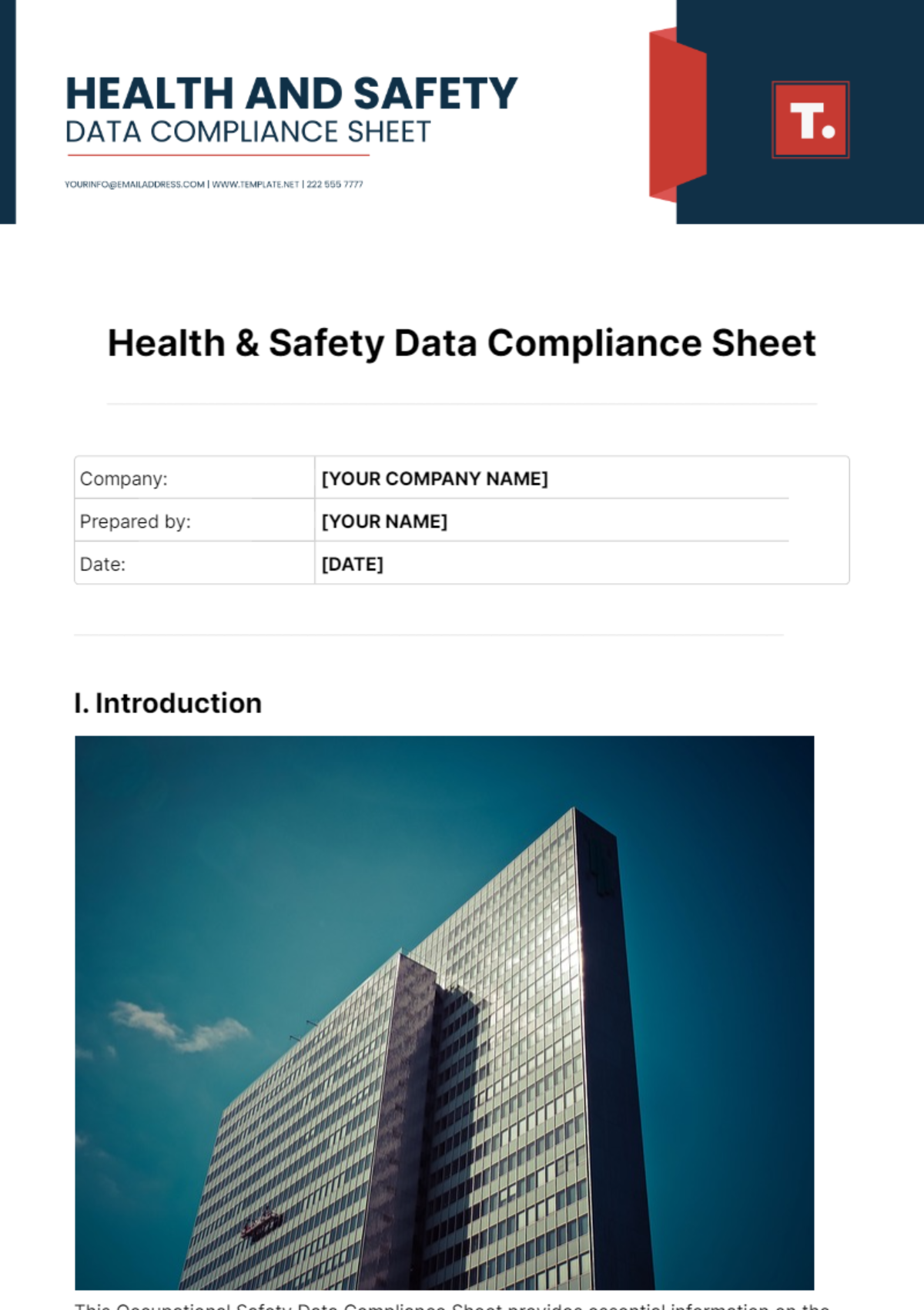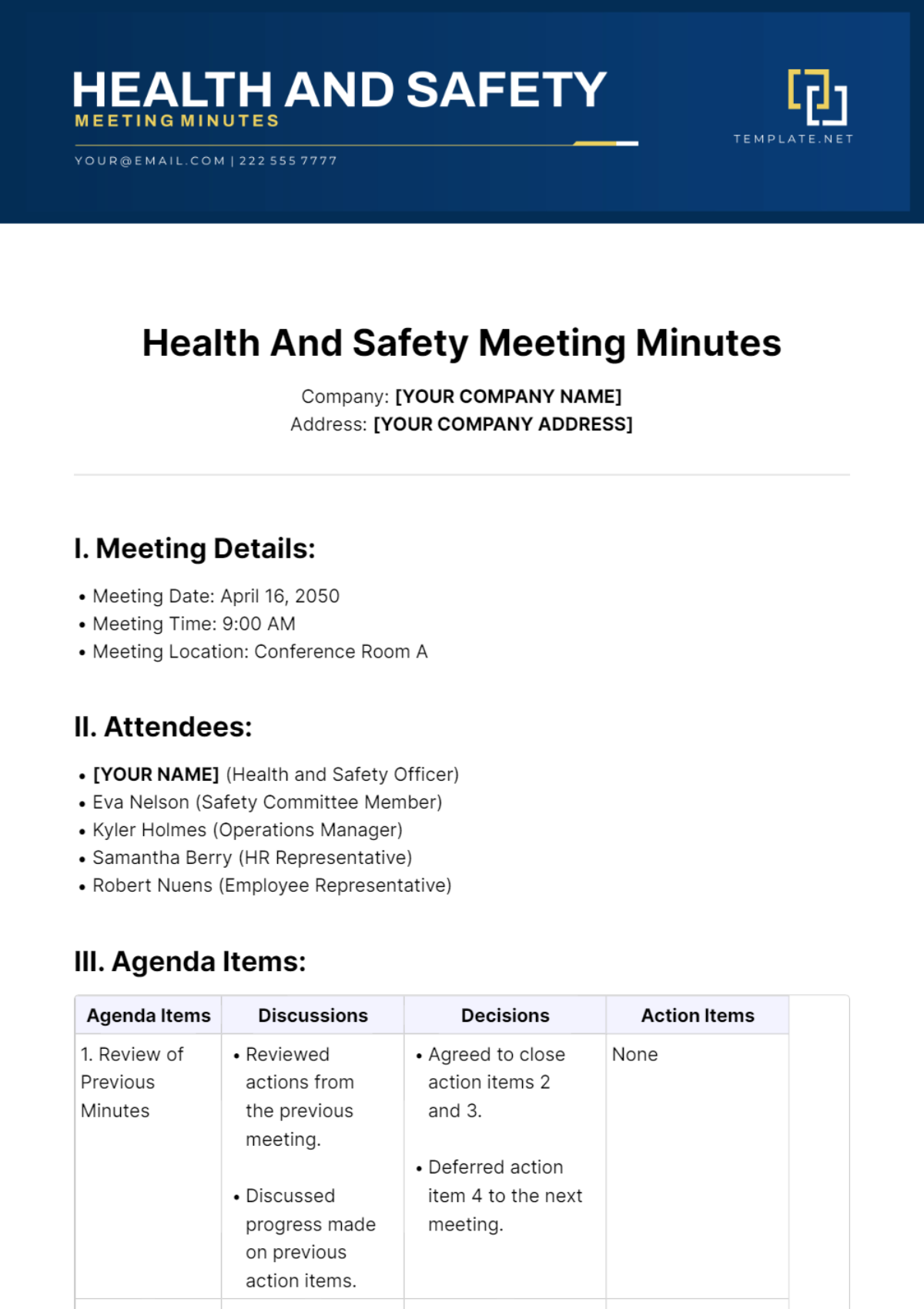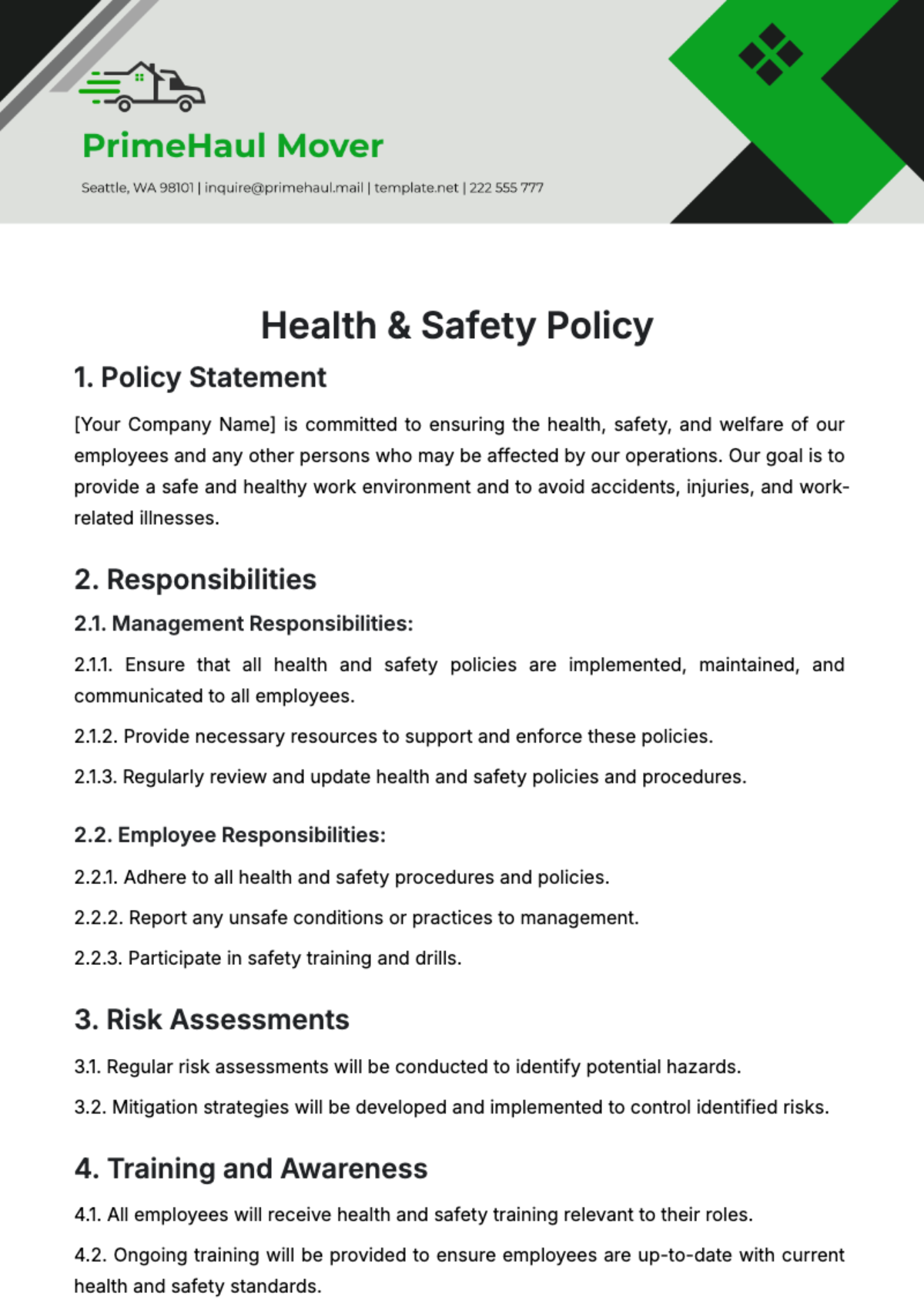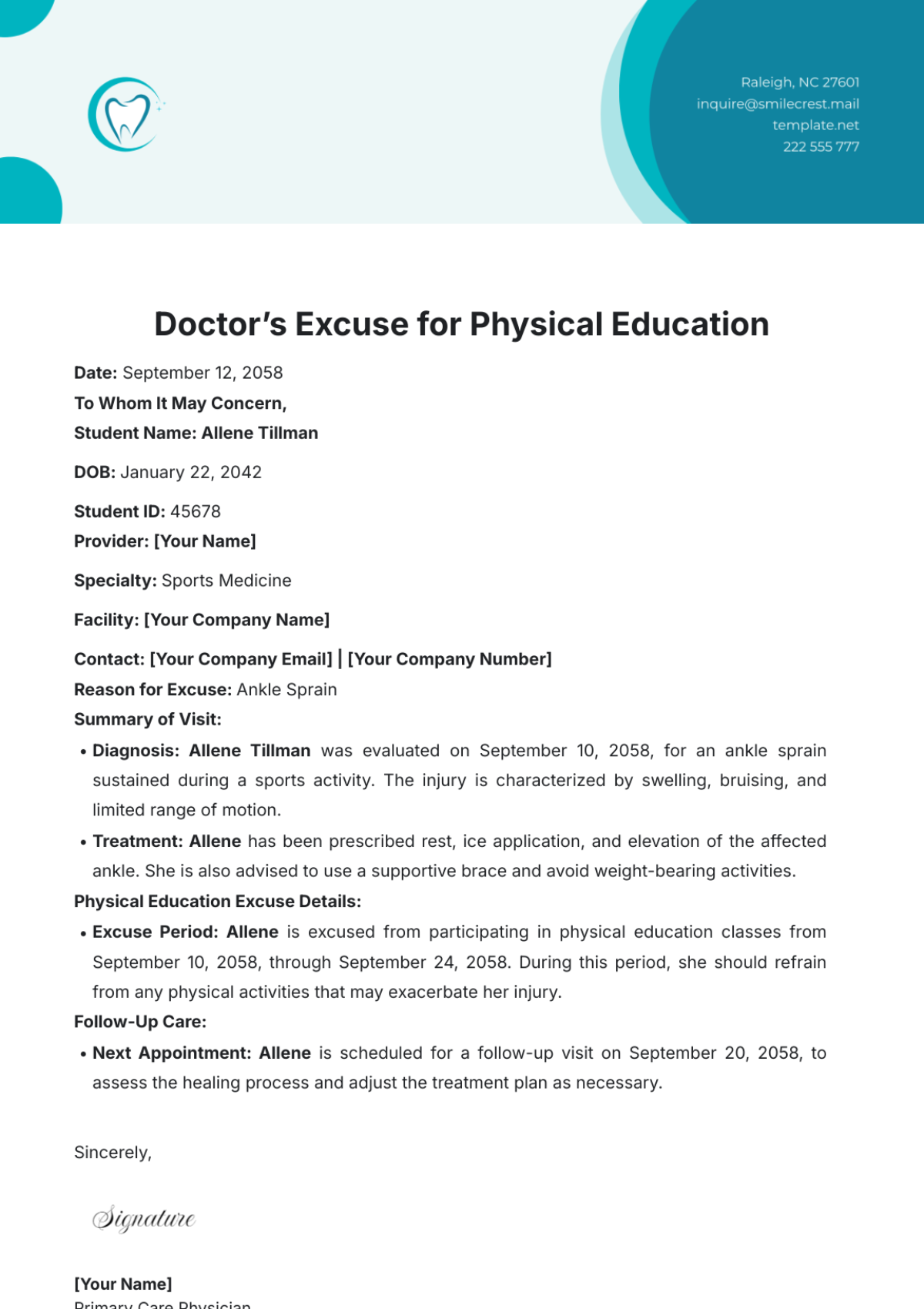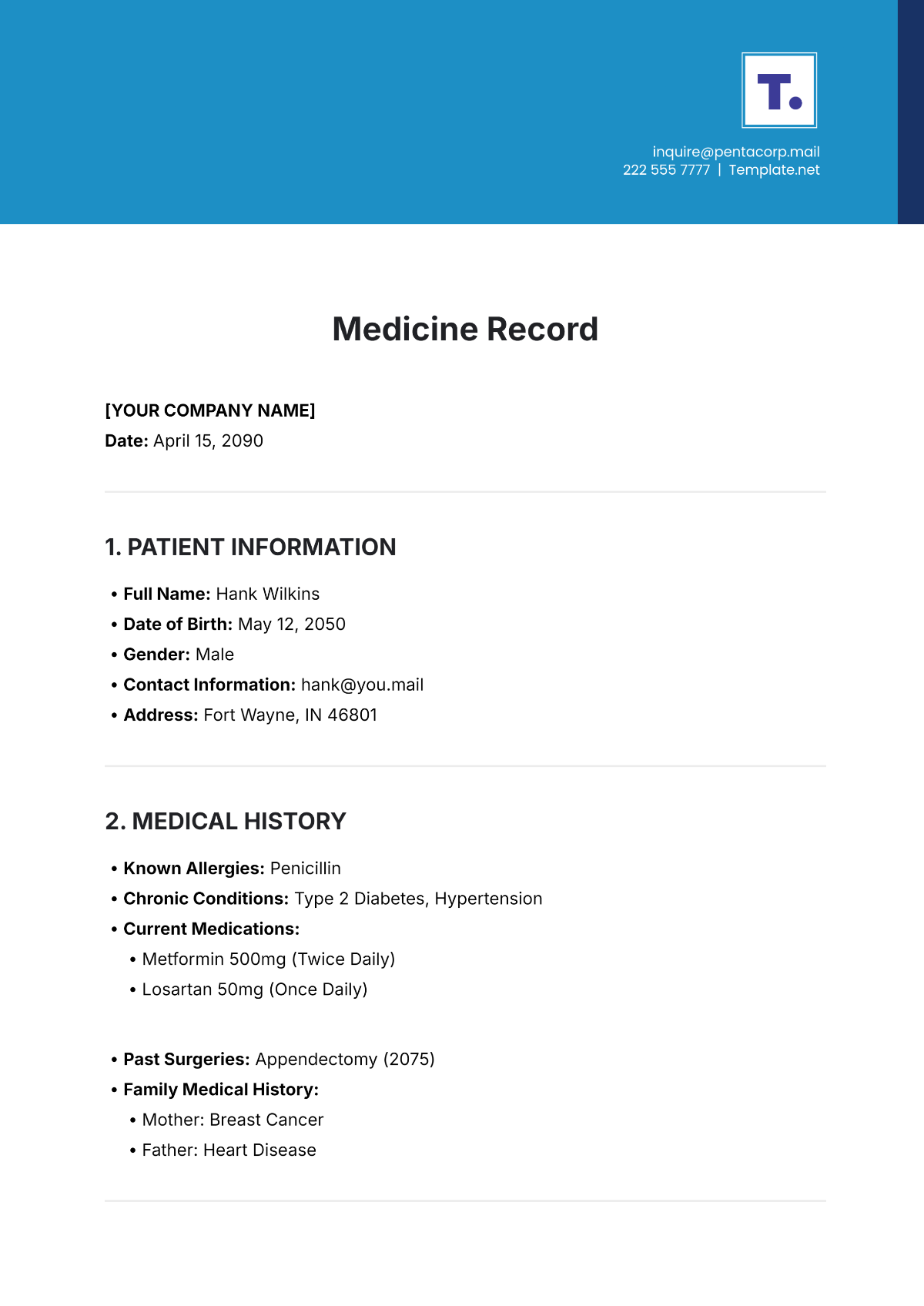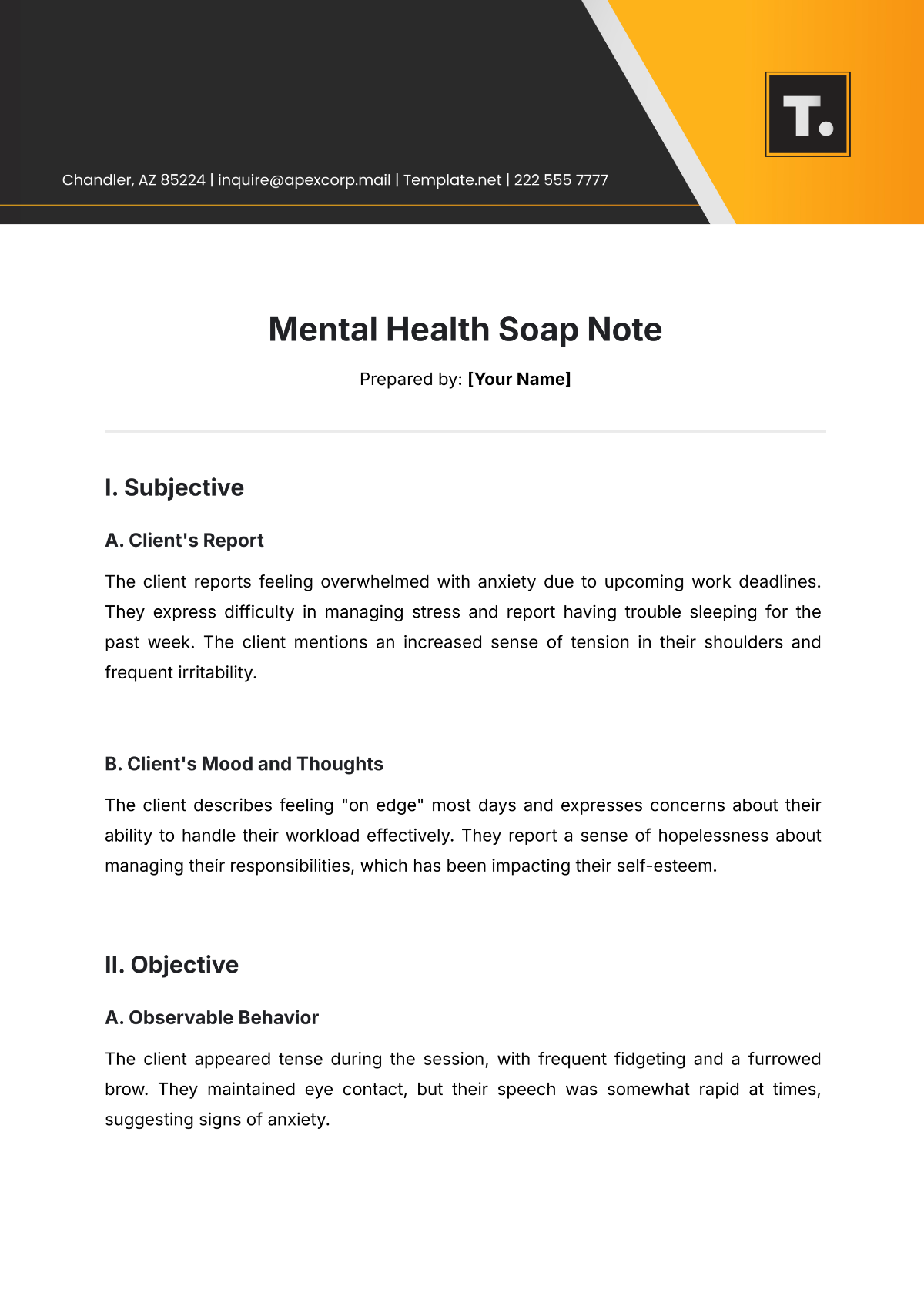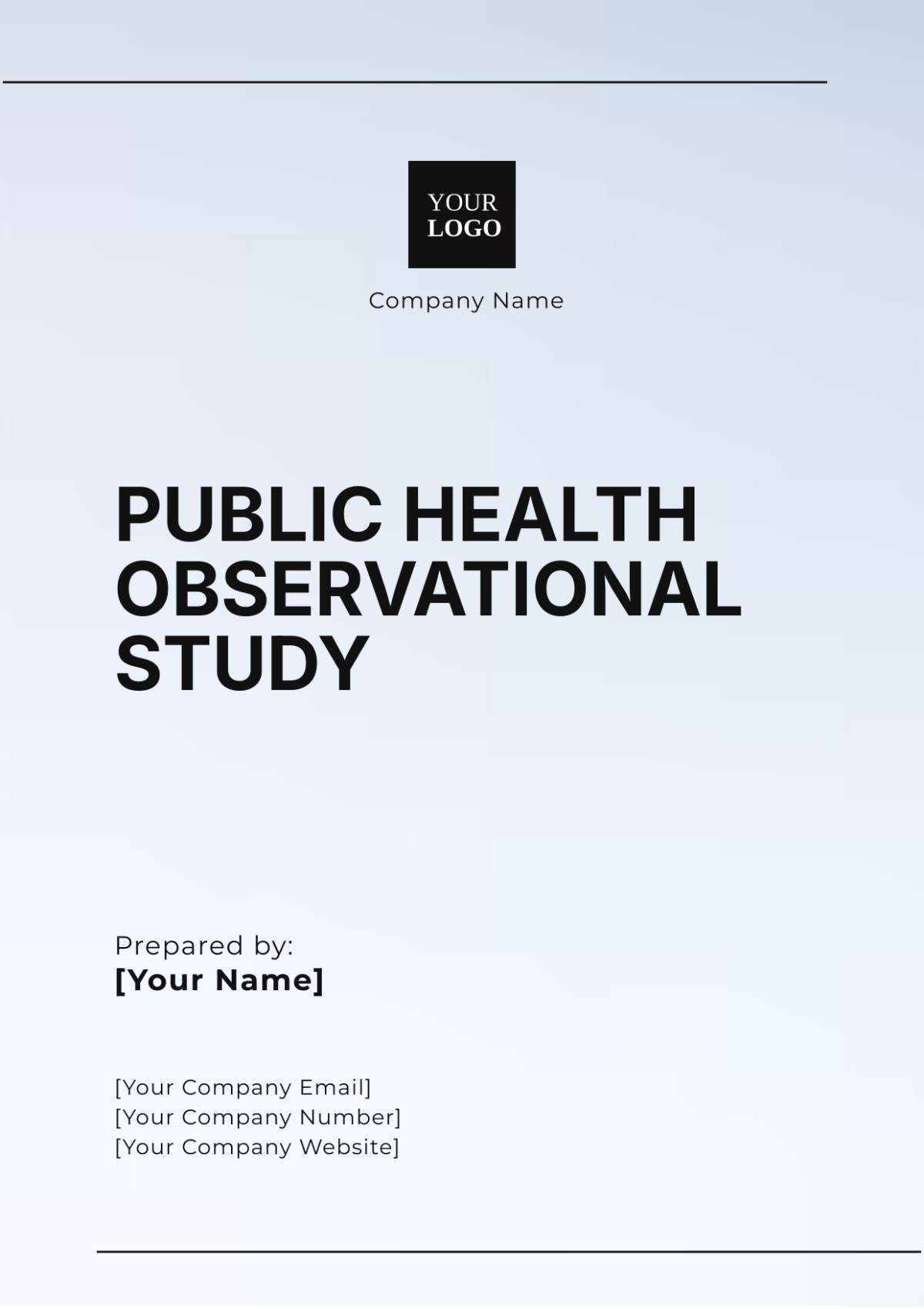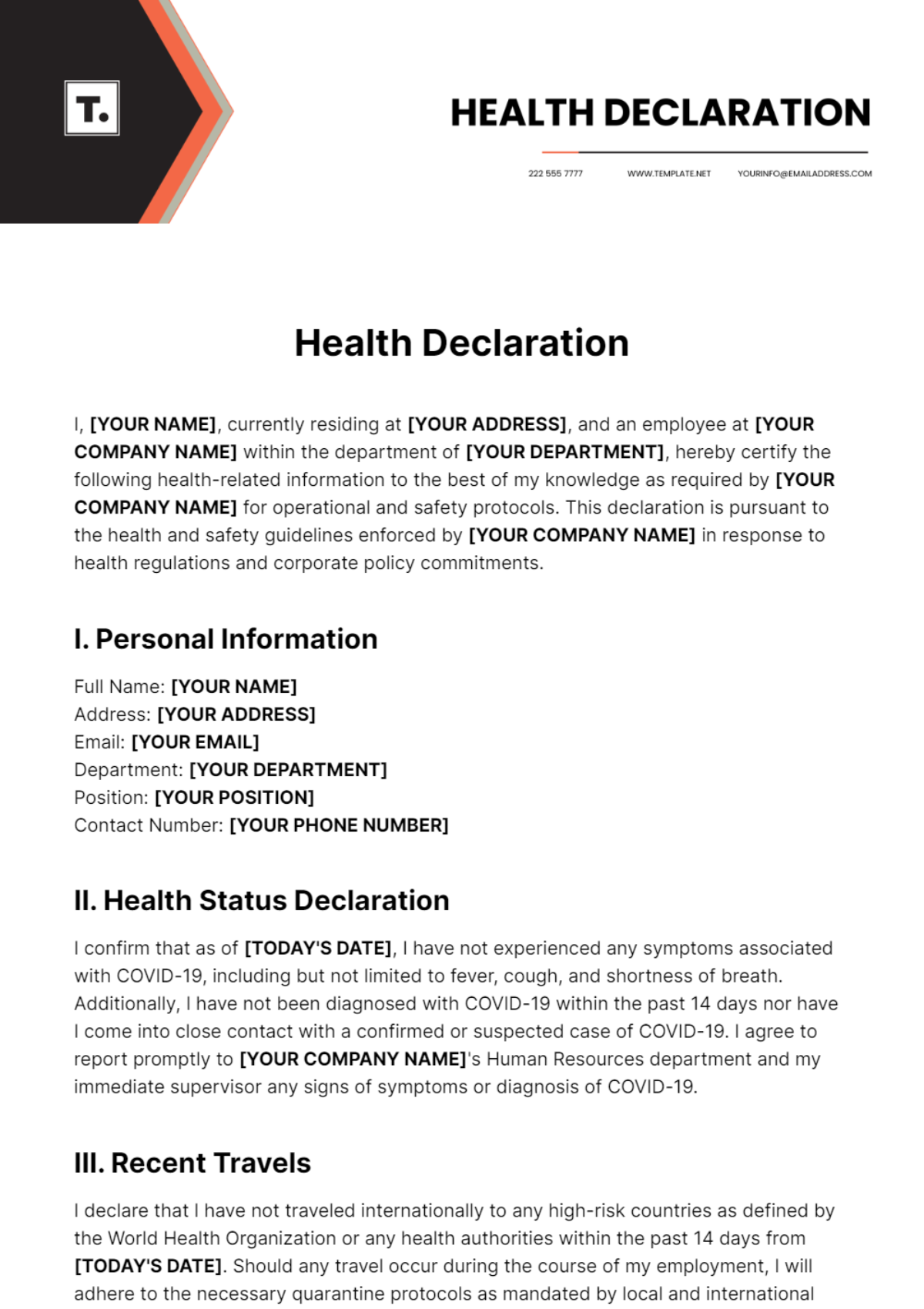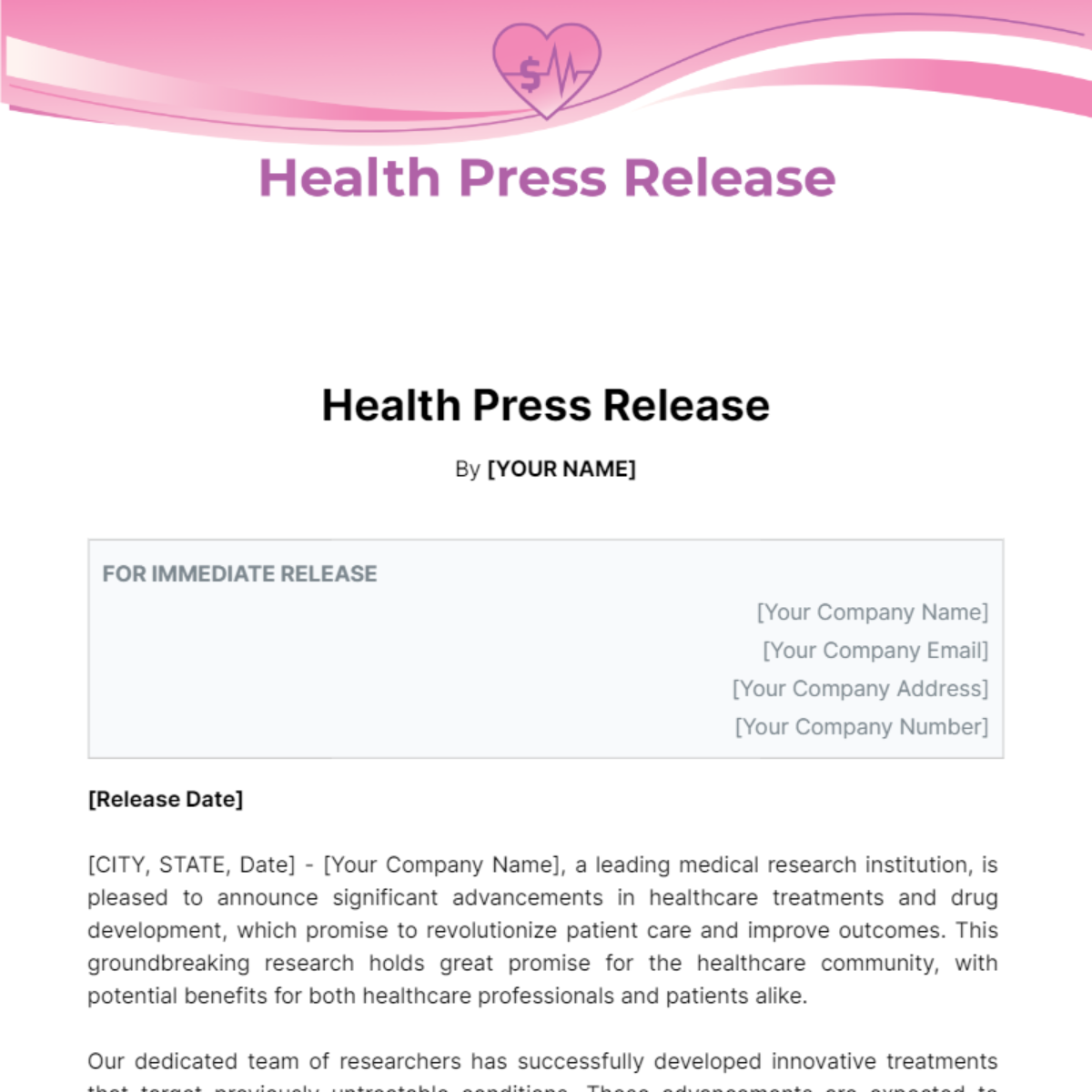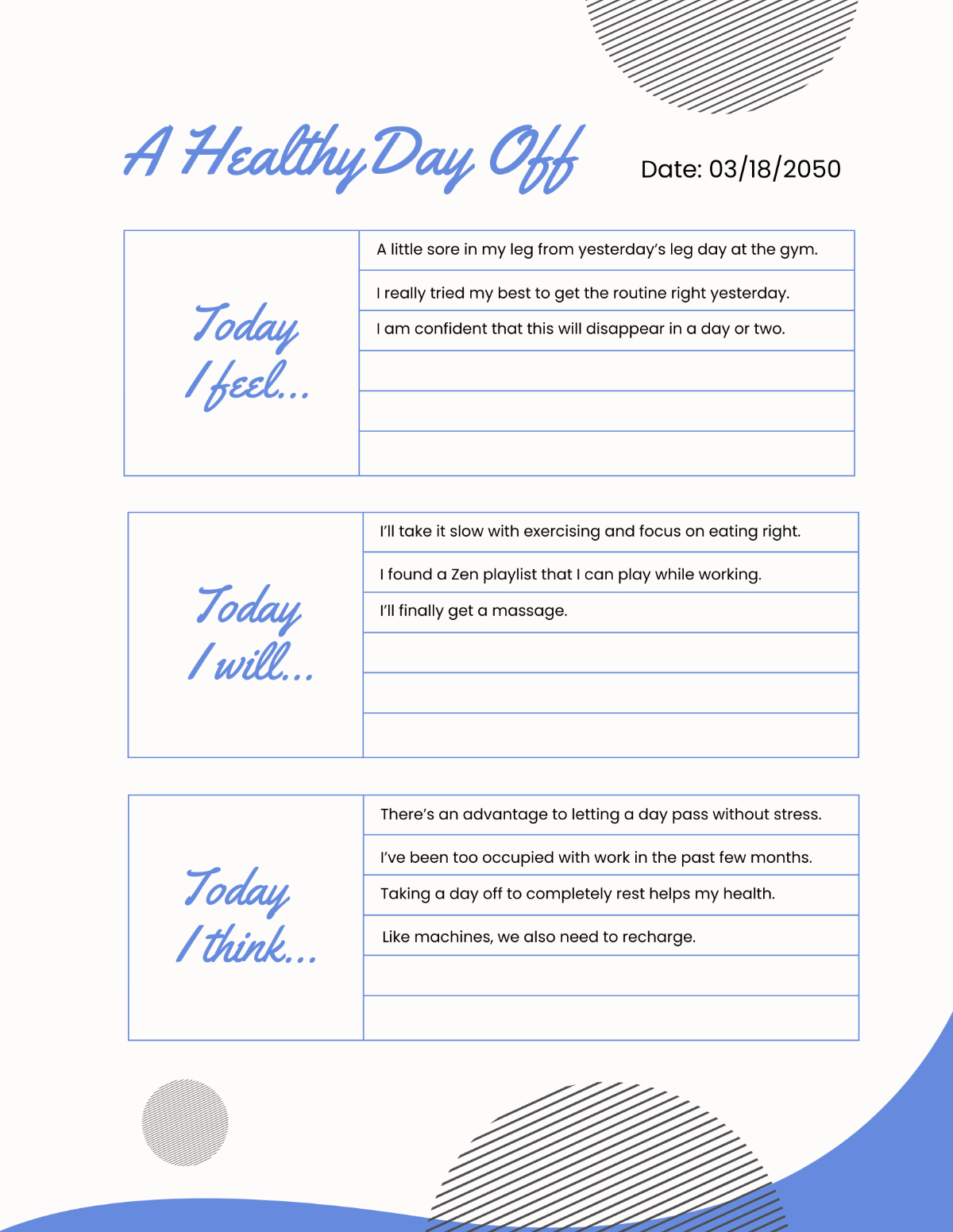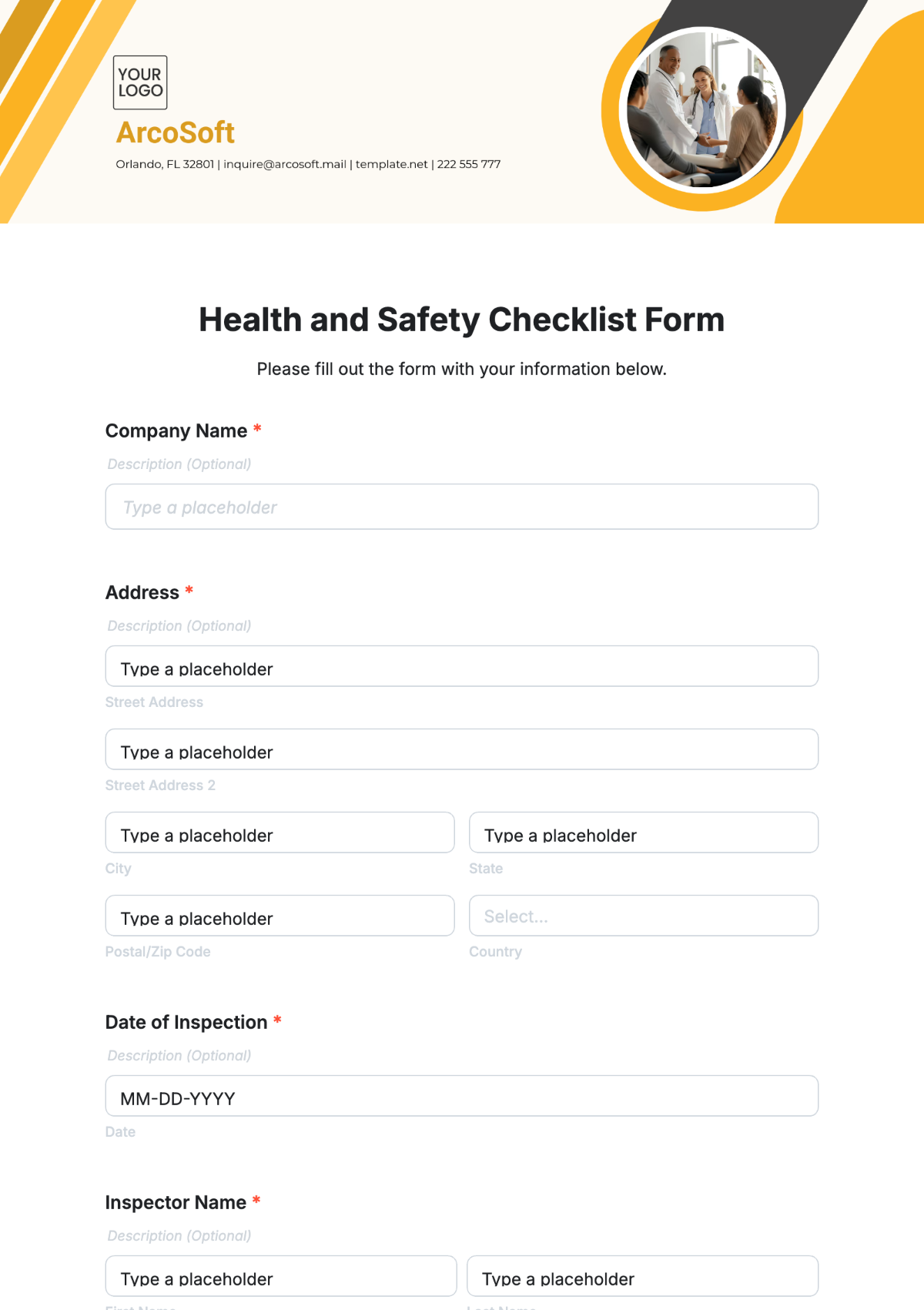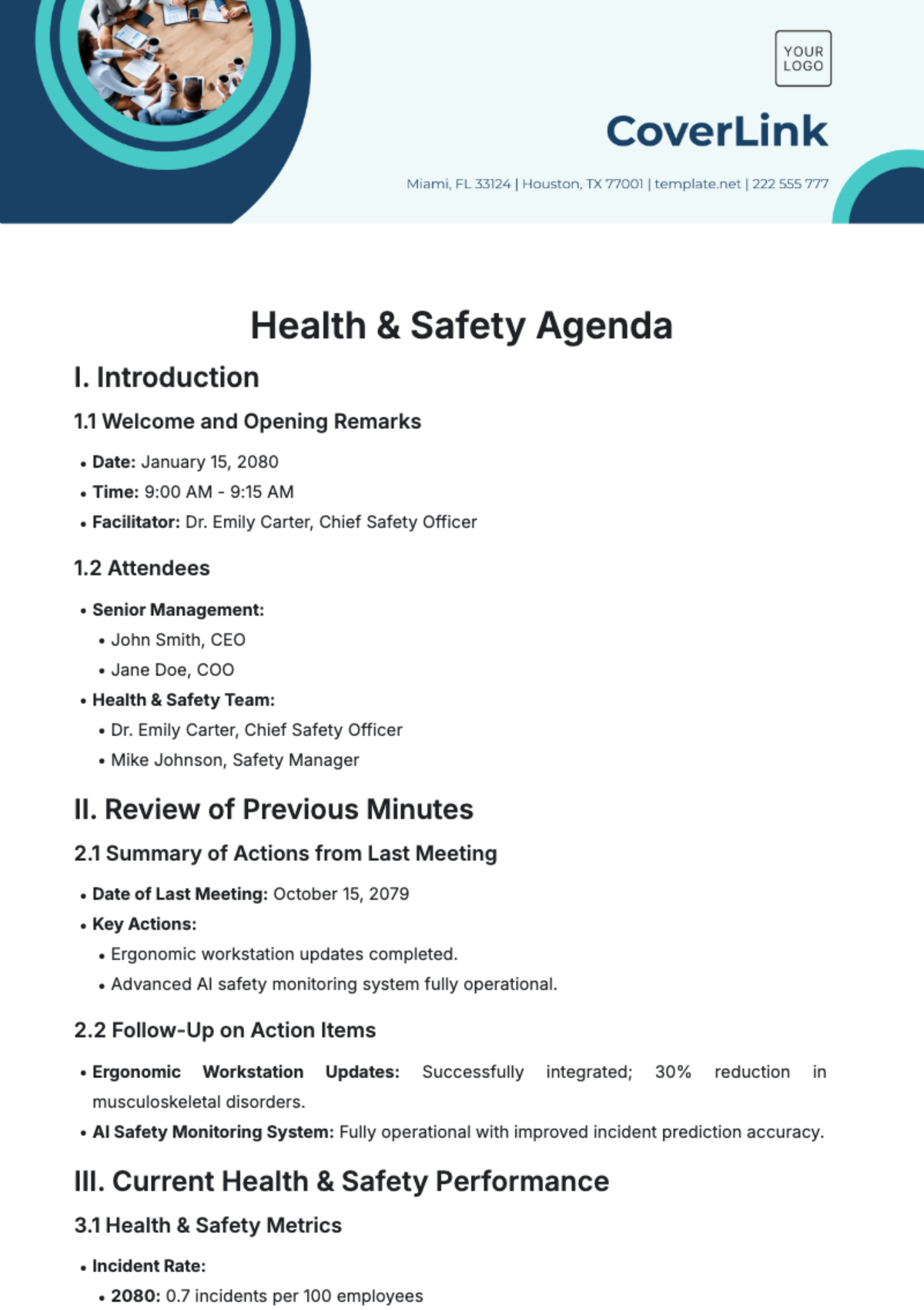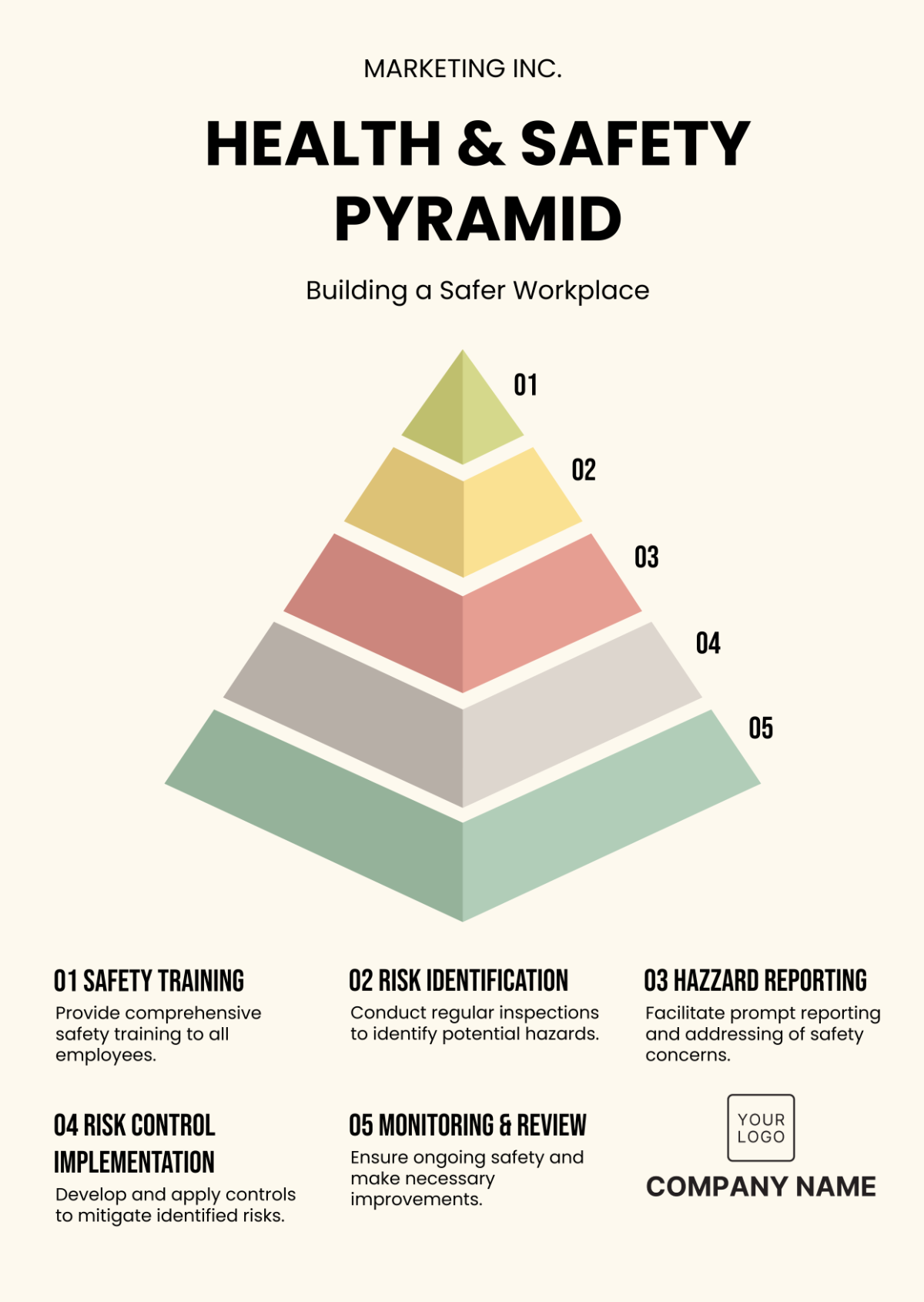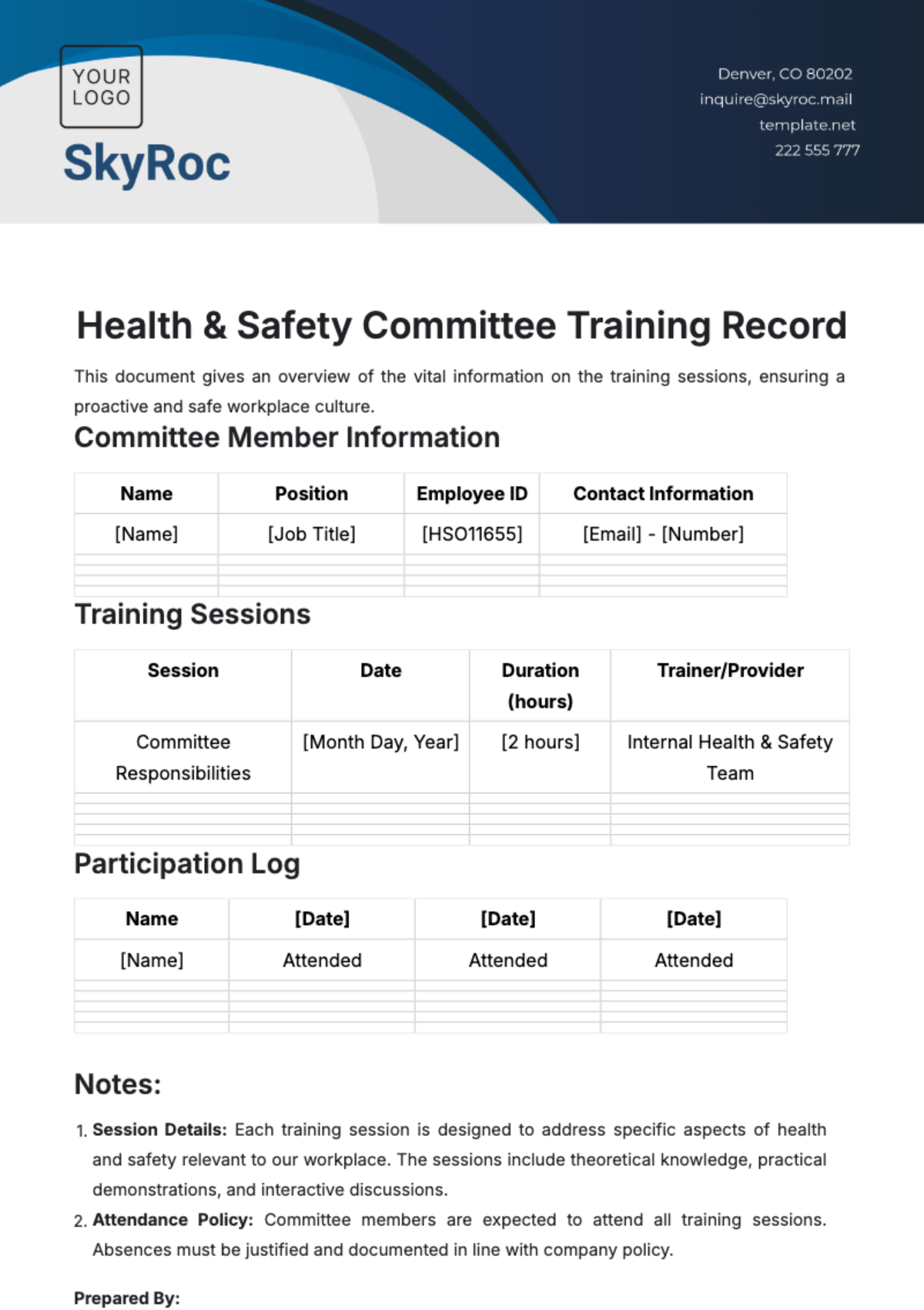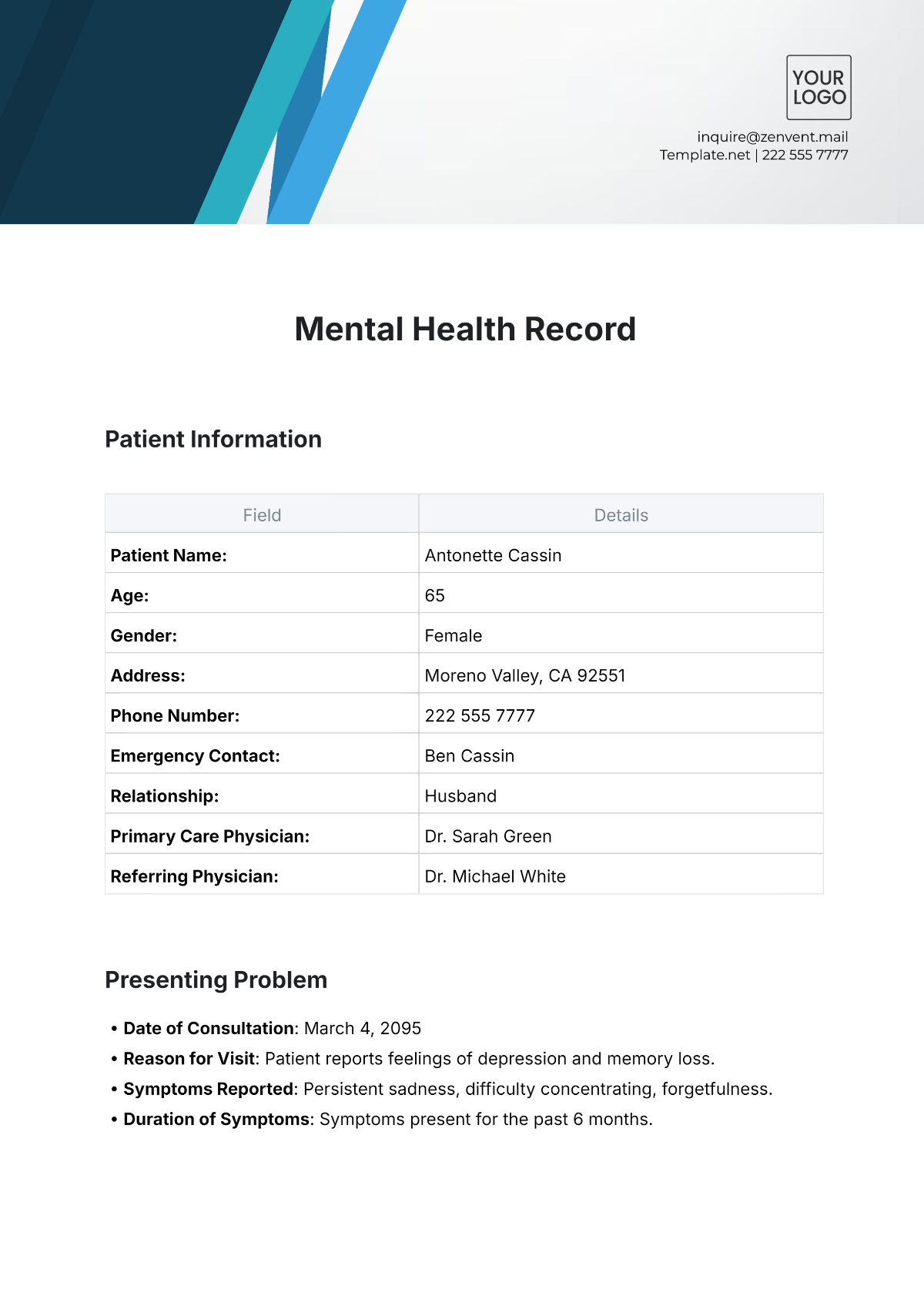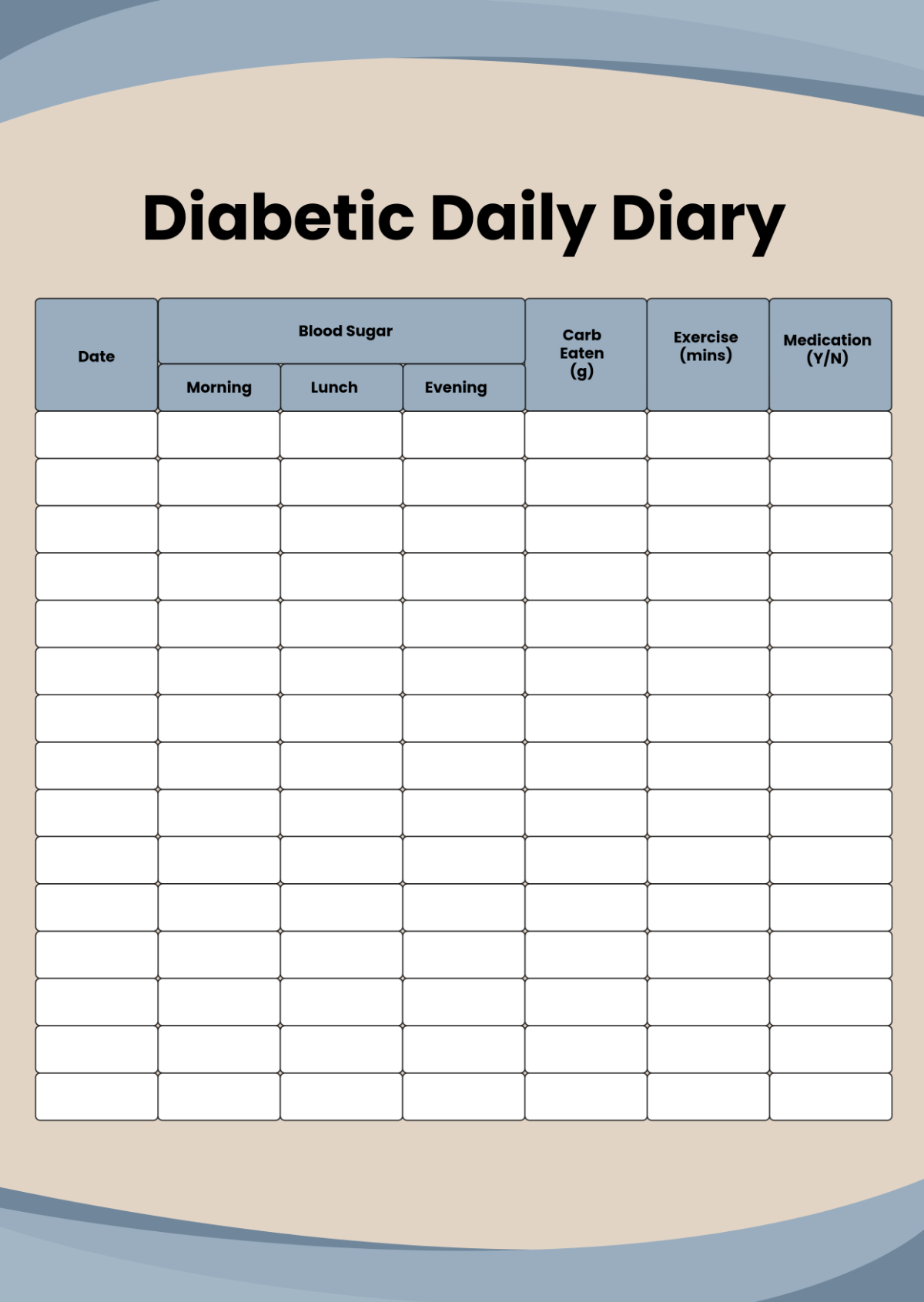Bowel Protocol
Introduction
This bowel protocol is designed to manage and promote bowel health by outlining steps and strategies to ensure regular bowel movements and prevent constipation or other gastrointestinal issues.
Assessment
Evaluate the patient's current bowel habits, medical history, and any symptoms related to bowel movements. Consider the following factors:
Frequency of bowel movements
Consistency and appearance of stool
Presence of pain or discomfort
Diet and fluid intake
Level of physical activity
Use of medications that may affect bowel function
Dietary Recommendations
Encouraging a balanced diet rich in fiber can significantly improve bowel function. Recommendations include:
Increase intake of fresh fruits and vegetables
Consume whole grains such as oats, brown rice, and whole wheat bread
Include legumes like beans, lentils, and peas
Stay hydrated by drinking at least 8 glasses of water daily
Avoid processed foods high in fats and sugars
Activity and Exercise
Regular physical activity promotes healthy bowel function. Patients should be advised to:
Engage in moderate exercise at least 150 minutes per week, such as walking, swimming, or cycling
Incorporate strength training exercises at least twice a week
Perform specific exercises that target the abdominal area to strengthen core muscles
Medications and Supplements
If dietary and lifestyle changes are insufficient, consider the following medications and supplements, under medical supervision:
Type | Example | Notes |
|---|---|---|
Bulk-forming laxatives | Psyllium (Metamucil) | Increase stool bulk and promote bowel movement |
Stimulant laxatives | Bisacodyl (Dulcolax) | Stimulate bowel contractions |
Osmotic laxatives | Polyethylene glycol (MiraLAX) | Draw water into bowel to soften stool |
Stool softeners | Docusate sodium (Colace) | Moisten stool to prevent straining |
Monitoring and Reevaluation
Regularly monitor the patient's progress and adjust the bowel protocol as necessary. Consider the following:
Keep a bowel diary to track frequency and quality of bowel movements
Evaluate effectiveness of dietary and lifestyle changes
Adjust medications and supplements as needed
Consult healthcare providers for persistent or severe symptoms
Conclusion
A well-structured bowel protocol helps in maintaining bowel regularity and preventing complications. Continuous assessment and personalized adjustments are key to effective management. Always consult healthcare professionals before making significant changes to the protocol.
For questions and clarifications, please contact [Your Name] at [Your Email].


